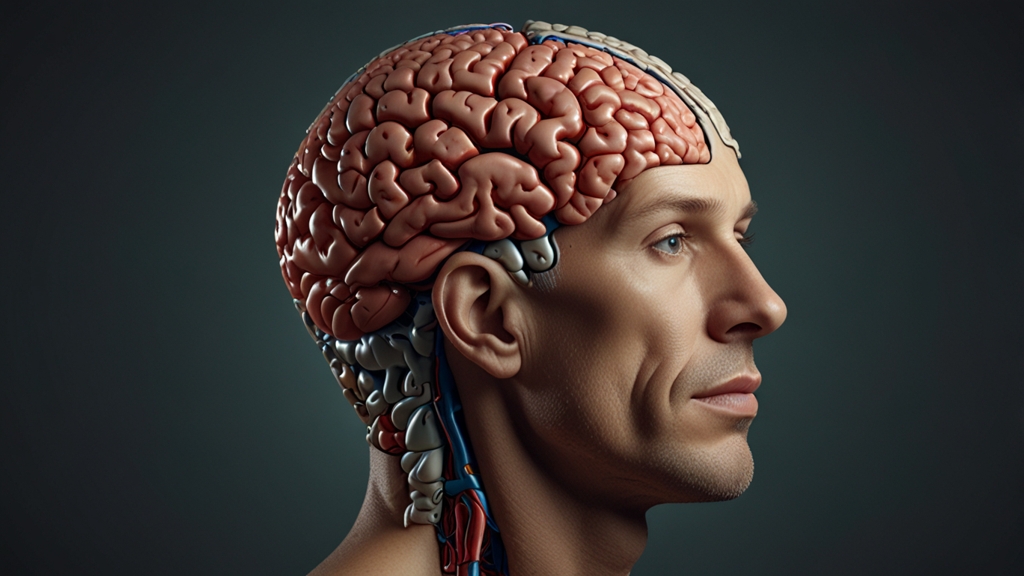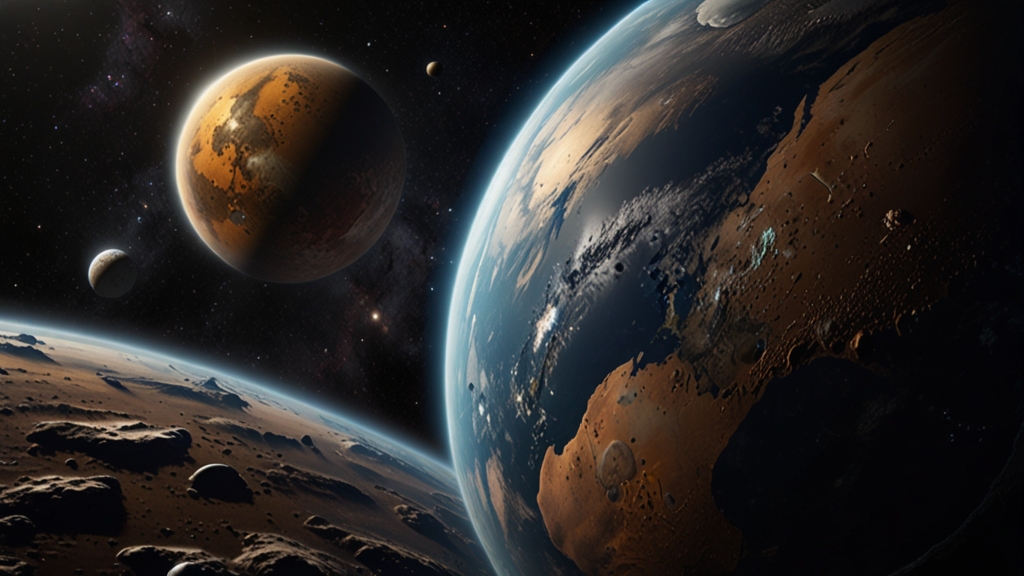Genesis Reimagined: A Modern Take on Ancient Wisdom
The Book of Genesis, the first book of both the Hebrew Bible and the Christian Old Testament, has long been a cornerstone of Western religious thought. Its profound stories of creation, humanity, and morality have been interpreted, debated, and cherished for millennia. However, in an age where science and modern philosophy have significantly reshaped our understanding of existence, how can we reimagine Genesis to bridge the gap between ancient wisdom and contemporary thought?
The Timeless Allure of Genesis
Genesis starts with the iconic phrase, "In the beginning, God created the heavens and the earth." This simple yet profound statement has fascinated theologians, philosophers, and scientists alike. Its allure lies not only in its religious significance but also in its universal quest for understanding the origins of life and the universe. While the Biblical account of creation is often seen in contrast to scientific explanations like the Big Bang theory and evolutionary biology, modern interpretations can find harmony between these narratives.
The Creation Narrative
Traditional interpretations of Genesis present a seven-day creation period, where God creates light, sky, land, vegetation, celestial bodies, animals, and finally, humans. This sequential process can be metaphorically aligned with scientific principles. The idea of "days" can be reimagined as epochs or phases, allowing a more flexible understanding that accommodates both religious and scientific perspectives.
"The days described in Genesis are a poetic representation of epochs in the development of the universe. By seeing them through a metaphorical lens, we can appreciate the profound wisdom inherent in these ancient texts." - Dr. John Smith, Theologian and Author
Humanity's Role and Responsibility
One of the most compelling aspects of Genesis is its depiction of humanity's creation and role. Adam and Eve, the first humans, are endowed with free will and the responsibility to tend to the Garden of Eden. This narrative invites reflection on ethical stewardship and the human relationship with the environment.
In a modern context, this can be interpreted as a call for environmental conservation and sustainability. The dominion over Earth given to humanity is not a license for exploitation, but rather a mandate for responsible caretaking.
"The story of Adam and Eve can be seen as an early call to environmental ethics. It reminds us of our duty to care for our planet, emphasizing a balance between use and preservation, responsibility, and freedom." - Rachel Green, Environmental Scientist
Revisiting Moral Lessons
Genesis is rich with moral dilemmas and lessons. The story of Cain and Abel discusses the destructive power of jealousy, while Noah’s Ark speaks to themes of justice, obedience, and renewal. These narratives, when re-examined through a modern lens, continue to offer valuable insights into human behavior and ethics.
Today, these stories can be used to foster discussions about social justice, community, and personal accountability. They can be seen as allegories that, despite their ancient origins, remain relevant in addressing contemporary societal issues.
"The moral lessons of Genesis are timeless. By reinterpreting them in the light of modern challenges, we can draw parallels that enhance our understanding of issues like social justice, community cohesion, and personal ethics." - Dr. Michael Lee, Sociologist
The Enduring Power of Story
Ultimately, Genesis reimagined is about recognizing the enduring power of story. Stories have a unique ability to transcend time and culture, conveying wisdom that remains relevant. By revisiting these ancient narratives with fresh perspectives, we can unlock new meanings and applications for today's world.
As we navigate the complexities of the modern age, the ancient wisdom of Genesis can serve as a source of guidance, inspiration, and reflection. By finding the common threads that connect ancient texts with contemporary issues, we can build a bridge between past and present, faith and reason, spirituality and science.











